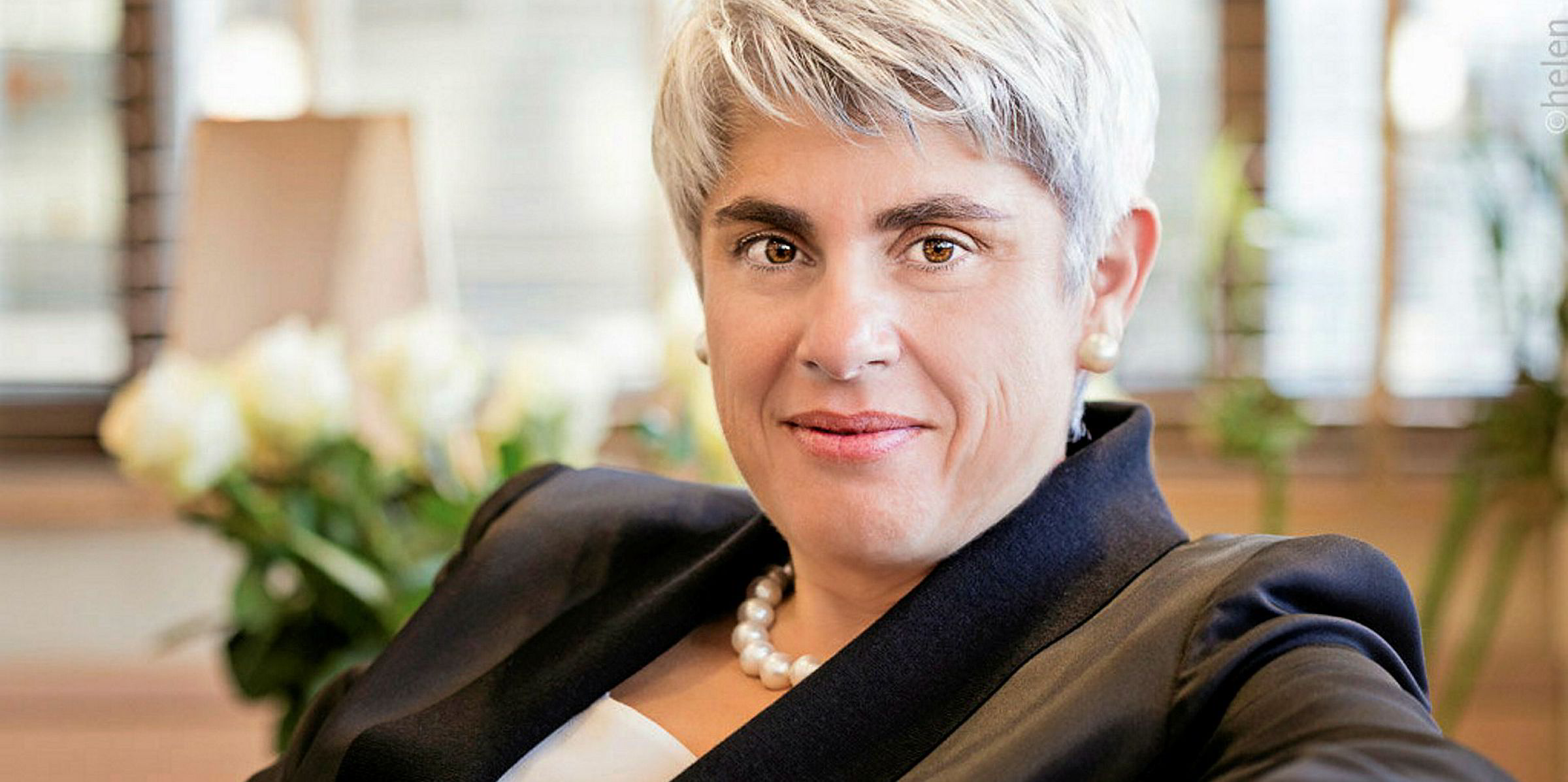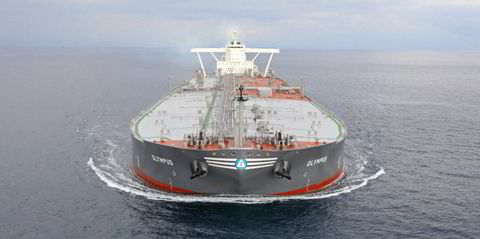Western Bulk Chartering saw its results plunge into the red as losses from a failed bet in Chile caused further damage to its bottom line.
The Oslo-listed bulker operator posted a loss after tax of $43.5m for the full year 2019, compared to a post-tax profit of $4.2m during 2018.
Western Bulk lost $18.7m during the second half of last year, which is still an improvement compared to the $24.8m loss it posted during the first six months.
The heavy losses are due to contracts in Chile, which Western Bulk has said were based on "unrealistic" assumptions and signed off by an ex-employee.
In its year-end report, Western Bulk said it has written off its losses for the Chilean contracts by making a provision of $15.6m, which will allow the company to begin 2020 with a clean slate.
TradeWinds understands the losses relate to a contract of affreightment signed with Freeport that commenced in early 2017.
The situation caused the company to lose $17.5m between July 2018 and June 2019.
Effect on earnings
Western Bulk is still concluding the contracts in Chile, which have taken a chunk out of its vessel earnings but have now been provided for in its balance sheet.
Net time-charter revenue suffered a $16.3m impact during 2019.
"With potential future losses from remaining commitments in Chile provided for in full, management will ensure focus on the core business of trading the short-term market going forward," the company said in its year-end report.
The firm's two main shareholders — Christen Sveaas' investment firm Kistefos and Ojada — injected a total of $29.6m in equity into the business during 2019 to offset the losses in Chile.
“With the strong support from our main shareholders we have now put the legacy positions in Chile behind us and will fully focus our efforts to further enhance the resilience and potential of our business model," Hans Aasnaes, chief executive, said in Western Bulk's report.
Aasnaes replaced Jens Ismar in the top job at Western Bulk on 1 July and since then has re-organised the firm's risk management and business development teams, as TradeWinds has reported.
Positive aspects
Aasnaes told TradeWinds in November that the second half of 2019 would be much better than the first half and — excluding the Chilean losses — this is correct.
Its net timecharter revenue (excluding Chile) reached $21.3m in the final six months of 2019, up by 6% compared to the same period in the previous year.
Western Bulk managed to save $4m in costs during 2019 compared to the previous year, which equates to $5.7m in earnings after tax, excluding Chile.
Added to this, Western Bulk had a healthy cash position by the end of 2019.
It fully repaid a NOK 300m unsecured bond loan in April and ended the year with $24m in free cash, plus up to $14.3m in undrawn credit facilities with its banks.
"This is achieved by saving on administration expenses, optimising vessel performance, time in port, purchases, renegotiations, general spending as well as more optimal financing," the company said in its report.
Outlook
Western Bulk said it is "cautiously optimistic for 2020", despite a "relatively muted market outlook".
It said it has limited forward cargo and tonnage commitments, which should lend "flexibility to adapt to different market environments".
"Throughout the fourth quarter the size of the fleet was reduced to limit the risks related to the transition to the new IMO 2020 regulation, as well as an anticipation of a weak market in the first quarter of 2020," the company explained.
Meanwhile, Western Bulk's exploration of new digital tools and technology continues.
In late 2019, Egil Husby moved across the organisation from his position as chief risk officer to become Western Bulk's chief of strategy and transformation.
"By utilising and making existing and new data sources available in smarter and more efficient ways, Western Bulk aims to take advantage of both long-held domain knowledge and disruptive technologies whilst continuing being a leading dry bulk operator," the company said in its year-end report.









